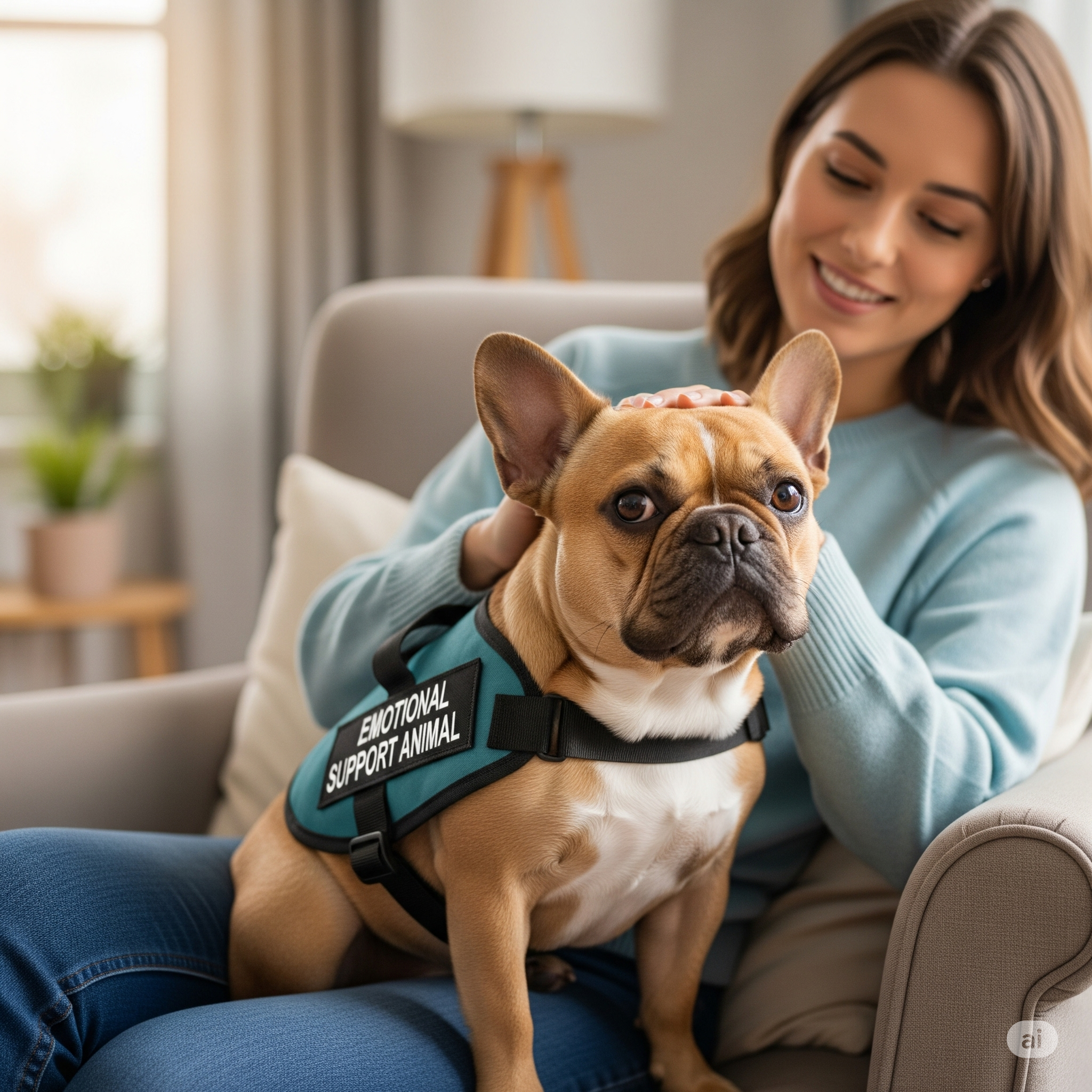Navigating Oregon’s public transit systems with an Emotional Support Animal (ESA) is a common question, and it’s essential to understand the distinction between ESAs and service animals under the law. The general rule across Oregon’s public transit, consistent with federal regulations, is that Emotional Support Animals are typically not granted the same public access rights as service animals.
This means that while a service animal (individually trained to perform tasks for a person with a disability) is generally welcome on all public transportation, an ESA usually falls under the transit system’s standard “pet” policy.
Here’s a breakdown of how Oregon’s major public transit systems generally handle ESAs:
The Core Distinction: Service Animal vs. ESA
The Americans with Disabilities Act (ADA) governs public accommodations, including public transportation. Under the ADA:
- Service Animal: Defined as a dog (or in some limited cases, a miniature horse) that has been individually trained to do work or perform tasks for the benefit of an individual with a disability. The work or task must be directly related to the individual’s disability. Examples include guiding the blind, alerting the deaf, pulling a wheelchair, or alerting to seizures.
- Emotional Support Animal (ESA): Provides comfort or emotional support through its presence, but is not trained to perform specific tasks related to an individual’s disability. The ADA does not consider ESAs to be service animals.
Because of this distinction, public transit systems in Oregon (and across the U.S.) typically adhere to the ADA guidelines, treating ESAs differently from service animals.
General Policies of Oregon Public Transit Systems
Most public transit agencies in Oregon, including major ones like TriMet (Portland metropolitan area), Cherriots (Salem area), and Lane Transit District (LTD – Eugene/Springfield area), share similar policies:
-
Service Animals are Welcome: Service animals are allowed on buses, MAX light rail, WES commuter rail (TriMet), and other transit vehicles. They must be under the control of their handler (leashed, harnessed, or otherwise controlled), housebroken, and not pose a direct threat to others. Transit staff can only ask two questions: 1) Is the animal a service animal required because of a disability? and 2) What work or task has the animal been trained to perform? They cannot ask about the disability itself or require documentation.
-
ESAs are Treated as Pets: If your animal is an ESA and not a trained service animal, it generally falls under the transit system’s pet policy. This typically means:
- Must be in a Carrier: The animal must be contained in an approved pet carrier that can be safely stowed (e.g., on your lap or under a seat). The carrier must fully contain the animal, and the animal must remain inside with the carrier closed.
- Size Restrictions: There may be size limits for the carrier and the animal to ensure it doesn’t obstruct aisles or seats.
- No Free Roaming: The animal cannot be out of its carrier, on a seat, or otherwise loose on the vehicle.
- Owner Responsibility: You are responsible for the animal’s behavior, waste, and ensuring it does not disturb other passengers or employees.
-
No Fees: Generally, public transit systems do not charge fees for pets (including ESAs in carriers), but this can vary. It’s always best to check the specific agency’s policy.
Specific Examples of Major Oregon Transit Providers:
-
TriMet (Portland): TriMet’s policy explicitly states that “An animal which solely provides emotional support, well-being, comfort or companionship is not a service animal. These types of animals, ‘companion animals,’ are considered pets, which are allowed on board in a closed carrier.”
-
Cherriots (Salem): Cherriots’ accessibility policies state: “Your service animal is always welcome on the bus… All other non-service animals such as dogs or cats must be in secure containers to ride Cherriots.”
-
Lane Transit District (LTD – Eugene): LTD states: “Small pets traveling on LTD must be kept in an approved pet carrier that fully contains your pet… Service Animals… are welcome aboard.”
What This Means for ESA Owners in Oregon:
- Understand the Distinction: Be clear that your ESA provides comfort but does not perform specific tasks like a service animal. Do not misrepresent your ESA as a service animal, as this can have legal consequences (though Oregon’s specific laws on ESA misrepresentation are less direct than service animal misrepresentation, it can still lead to issues).
- Use a Carrier: If you wish to bring your ESA on public transit, be prepared to transport it in a secure, appropriate carrier.
- Check Specific Policies: Always check the website or contact the customer service of the specific transit agency you plan to use, as policies can have nuances or be updated. This is especially true for smaller, local transit providers outside of the major metropolitan areas.
- Consider Alternatives: For longer trips or if your ESA cannot comfortably fit in a carrier, other options like ride-shares (Uber/Lyft with pet-friendly options) or taxis might be necessary.
- Focus on Housing Protections: Remember that the primary legal protection for ESAs is in housing under the Fair Housing Act, which is separate from the public access rules of the ADA for transportation.
In essence, while your ESA is a crucial part of your well-being, when it comes to Oregon’s public transit, it’s generally considered a pet and must adhere to the transit system’s established pet transportation rules.





